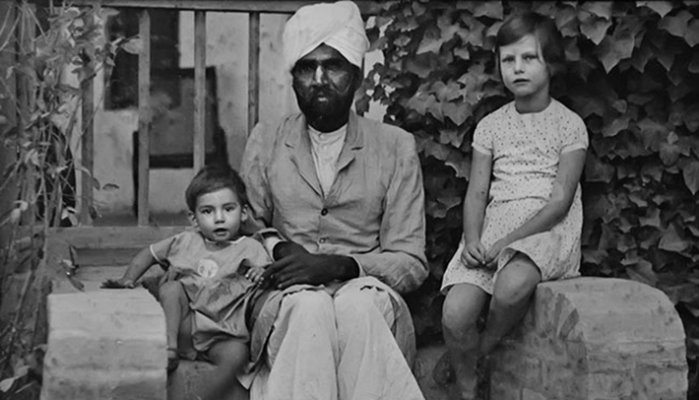
Anglo Indian community battles for its survival
The plight of Anglo Indians, the descendant mixed community of the British who ruled the country with an unquestionable authority for a long time, replicates the pitiable condition of Jarawas, an Adivasi indigenous people of Andaman islands. The community, which stands as a remnant of the British legacy, is on the verge of extinction. The number of Anglo Indians scattered across India is dwindling at a rapid pace. For instance, look at Vijayawada. 200 Anglo Indian families formed part of the city’s landscape four decades ago. Now, the number has come down to 80 i.e less than one half of the past figure. While there is no accurate estimate of the Anglo Indian population left in India, experts suggest that the figure could be somewhere around one lakh. Anglo Indians have started marrying outside their community, which is identified as the main reason for its dwindling numbers.
In the 18th century, the British East India Company encouraged its employees to marry local Indian women. These mixed marriages between officers with a European descent, and native women led to the birth of Anglo-Indian community. After Independence, a majority of Anglo Indians emigrated to Britain while the rest chose to stay on in India.
Anglo Indians, who chose to stay on in India, have merged with the mainstream life and it is almost impossible to distinguish them from the other native communities in terms of physical features and lifestyles. They speak the local language fluently, relish regional delicacies and gel well with local communities with ease. On occasions like Christmas and New Year’s eve, they all gather to celebrate their culture. Their relatives, who have emigrated to the the US, UK and Canada, come back to join these special occasions.
While a majority of them are into teaching, a few others have chosen to pursue medicine and engineering. The dwindling community suffers an identity crisis for two reasons - dwindling numbers on the one hand and its failure to figure in the official records as a caste itself. It turns out to be a saga of struggle for the community to obtain a caste certificate, which mentions their Anglo Indian identity. As a consequence, they are unable to utilise certain Government benefits endowed upon them such as Anglo Indian quota in educational institutes.
Benhur Lambert, who runs a school in Vijayawada, narrated his own experience. He said that his repeated visits to the local MRO office to get a caste certificate for his daughter ended up in vain. He lamented, “ The officials said that our caste (Anglo-Indian) does not figure in the list of native castes. So, we end up receiving a certificate with a social status as an upper caste, with no mention of our Anglo Indian identity, thereby depriving us of our quota benefits.”
Ironically, the idea to encourage marriages within the community gathers pace, to save itself from extinction. It is strikingly in contrast to the promotion of the British East India Company to encourage mixed marriages involving Indian women back then. Anglo Indian families are encouraging their children to marry within their community so as to prevent their culture from dying out.
While US and UK are looked at as a land of opportunities now, do Anglo Indians feel that their forefathers made a wrong choice by staying back here? William Meyer, an Anglo Indian who runs an NGO in Vijayawada, answers the question with a firm ‘no’. He says, ‘We love our country. Money is not everything.’
Sr.Manager, Member Relations, Industry Verticals & CSR
6yPractical findings done in your research, Mounica. I was amused to read this well written article as I instantly related myself to the struggle I faced for the MRO's certificate; the way my name 'LOLITA' was continuously mispronounced as 'LALITA' and how I chose to retain the latter. I remember, all the ladies in my household- going back to my great grandmother, grandmother and grand aunts were well educated and served as teachers in convents and educational institutions way back then. Alas! times are changing and as you said we have almost merged with the local culture now sometimes better dressed in traditional Indian outfits as compared to the current generation of Indian youngsters.
Operations Executive at OpenLogix corpration
7ygood idea
MARUTI SUZUKI
7yIts true the situation is bad.the other half of the Anglo indians want to settle in Australia,england or Canada,its hard for us to find jobs,cause there is no quato for us.the Anglos who are on the railways have got there fathers job.its hard for us to get govt jobs.
self employed
7ysorry 2 hear that..
Empowering Rural Women with Self Employment Opportunities | Cluster Assistant Revenue Manager
7yNice article my dear.